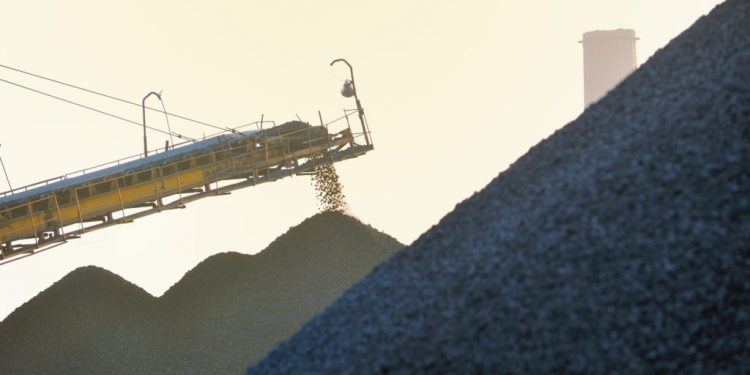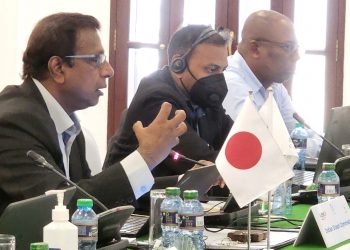Botswana is a country commonly known for the export of precious metals. Unfortunately, over-reliance on the mining sector as the key economic driver has historically exposed the country to market risks, especially in case of a financial crisis. This happened in 2008 when Botswana’s trade surplus turned into a deficit after the global economy tanked.
This informed Botswana’s plan to improve its participation in the world market. One of the ambitions of the National Trade Policy is to increase the country’s share of world exports. A key barrier to this is diversifying the economic structure, moving it away from the extraction of diamonds, whose importance to the economy has increased over the years.
To export diamonds, Botswana mainly relies on airfreight, and as a land-linked country, sea freight would lead to high dependency on transit countries to move cargo.
However, Botswana seems keen on revamping shipping as last month it joined the International Maritime Organization (IMO) as a member country. The Southern African nation joined the UN specialized agency responsible for the safety and security of shipping this month, becoming the IMO’s 175th member state.
Botswana deposited its instrument of acceptance to the IMO Convention with the UN on 22 October 2021.
The Secretariat provides support to the Organization’s Member States in their work with IMO’s governing and various technical bodies, facilitating their cooperation with the other Member States and those organizations in a formal relationship with IMO. Additionally, the Secretariat supports the Member States in the establishment of their Permanent Missions with the Organization and the accreditation of its representatives, in line with the Headquarters Agreement.
Days after acceptance into IMO, Botswana delivered its first iron ore export to China. The ore came from the Ikongwe mine, owned by Vision Ridge Investments, a unit of India’s Yashomann Industries.
“We have an order of 50,000 tons per month from a state-owned steel manufacturing company there (China),” said Vision Ridge Director Chetan Patil.
Vision Ridge aims for Ikongwe mine to produce one million tons of iron ore per year over an initial 10-year lifespan, with a grade of up to 65%.
Although the current exports currently transit via South Africa in containerized shipments, Vision Ridge said it is in talks with Botswana Railways to organize bulk shipments through Mozambique’s port of Maputo.
Over the past year, iron ore prices have soared reaching a record high of US$ 240 per ton in May, mainly driven by strong demand in China. This can be a trade advantage for Botswana as China is also seeking new sources of iron ore owing to a trade conflict with Australia, its top supplier.
In the long-term, Botswana seems keen to develop its global maritime interests as a strategy to target key preferential markets in Asia such as India and China, for its commodity exports.






